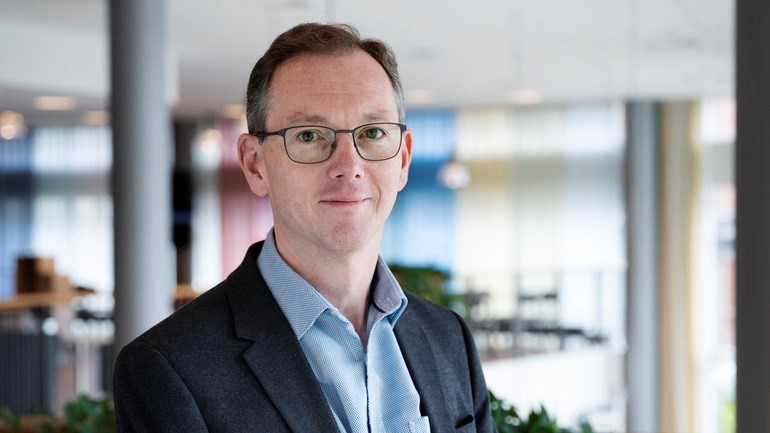Long-term repression could be counterproductive for the Kremlin

Historically, the Russian regime goes through a major transition every 35 to 40 years, says Derek Hutcheson.
The outcome of the Russian presidential election is certain, but the more repression increases, the more vulnerable the system that sustains it becomes, says Derek Hutcheson, Professor of Political Science.
“It's a self-contradictory spiral: the more the regime cracks down on protests, the more repressive it has to be to stop further protests; the more it needs to win elections to demonstrate its popularity, the more it becomes dependent on mobilising a narrow base of supporters and demobilising the rest; the more it tries to control the electoral process, the more the legitimacy of its electoral victories is questioned," says Hutcheson.
The war has somewhat consolidated the regime for the time being, but there are signs of stagnation rather than stability that could eventually become a problem.
Derek Hutcheson
Many of the elite are also over 70 years old, so at some point there will be a natural generational shift, says Hutcheson, whose new article examines the last 35 years of political elections in Russia, from the end of the Soviet Union to the present day.
The democratic progress in Russia in the 1990s – even if it is sometimes over-romanticised with hindsight – has been replaced in the 2000s by a predictable political system. Opposition is suppressed; challengers in presidential elections pose no threat and come from parties that are within the system – and real opposition occurs on the fringes and does not extend much further.
After the chaos of the 1990s, Putin won the support of voters by creating stability and improving the economy. He also succeeded in promoting the narrative that the West had humiliated Russia and that it was therefore necessary to re-establish Russia as a legitimate great power. Step by step, pluralism in the country was dismantled.
This tactic has been successful from Putin's perspective for decades, but it is becoming increasingly difficult to maintain a balance between control and, at least, a façade of diversity and democracy.
Laws on 'foreign agents', that is, organisations receiving funding from abroad, were introduced in 2012. Before 2021, fewer than 100 people or organisations were added annually to the list of foreign agents or ‘undesirable organisations’. Since then, the number has steadily increased: in 2021, 128, in 2022, 211 and in 2023, 283.
“The system will rely on tools such as repression, forced mobilisation, apathetic voters and heavy discouragement of protests and non-parliamentary opponents," says Hutcheson.
The now deceased leader of the Wagner militia group, Yevgeny Prigozhin, who led an uprising against Moscow in June was an indication that not even Putin has the system under complete control.
According to Hutcheson, this was the first major occasion on which an elite split was not resolved behind closed doors for many years.
“The war has somewhat consolidated the regime for the time being, but there are signs of stagnation rather than stability that could eventually become a problem. The current economic growth is based on a war economy, so what happens when the war ends?” questions Hutcheson.
For the Kremlin, according to Hutcheson, there is a risk of trying to extract ever-greater numbers of votes from an ever-shrinking supporter base, at the expense of renewal. He emphasises, however, that there are many uncertain factors regarding the future. The outcome of the US presidential election being one of them. Another is the expansion of the BRICS group, with Russia and nine other countries whose stated purpose is to provide a counterpoint to the economic dominance of Western countries.
“China is becoming more and more of a partner, this is a bigger geopolitical discussion than just Russia – Russia is not as isolated in the world as it is sometimes depicted as being in West.”
Text: Magnus Jando & Adrian Grist
Russian Electoral Engineering from Perestroika to Putin
The article follows the party and the electoral system through several phases of development, from hyperpluralism in the wake of the collapse of the Soviet Union to the authoritarian framing of elections in the late Putin period.
